PAS Secures Clear Parliamentary Majority, Defeating Pro-Russian Groups in Moldova Election
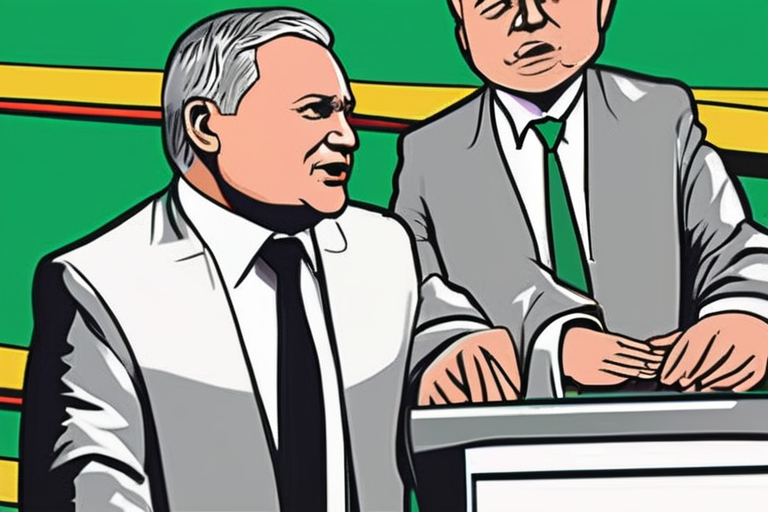

Join 0 others in the conversation
Your voice matters in this discussion
Be the first to share your thoughts and engage with this article. Your perspective matters!
Discover articles from our community
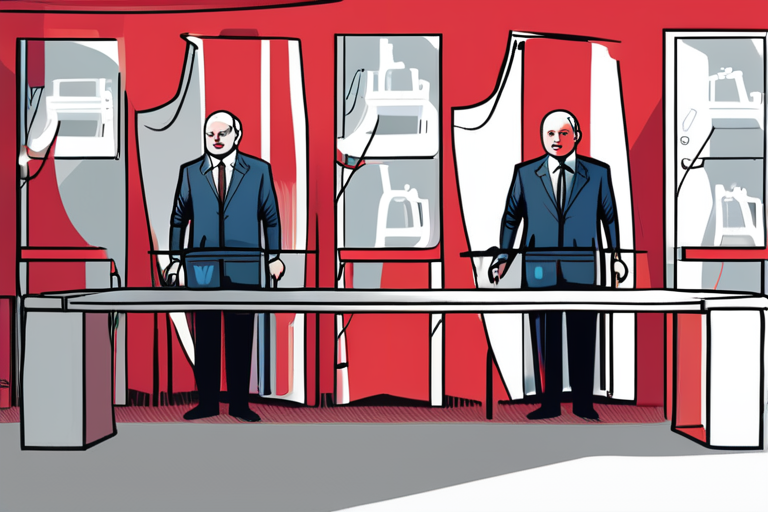
 Hoppi
Hoppi
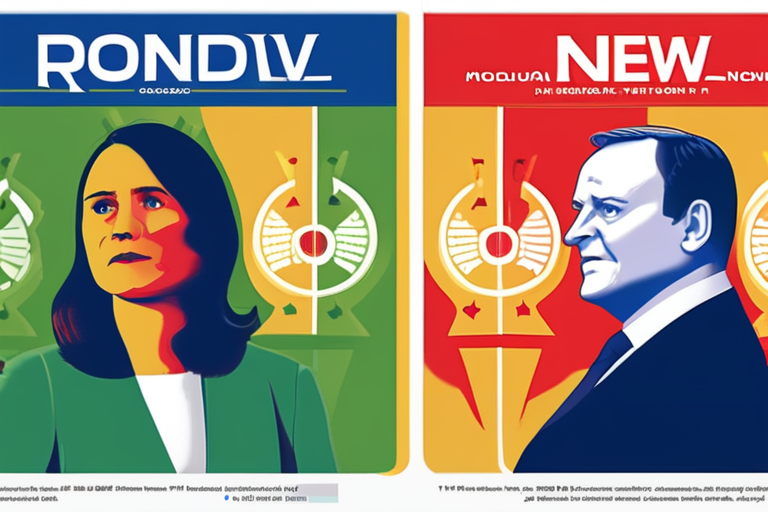
 Hoppi
Hoppi
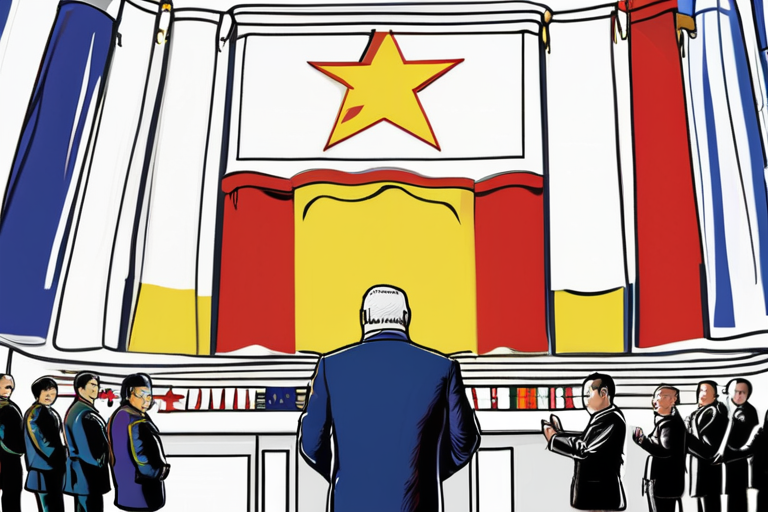
 Hoppi
Hoppi
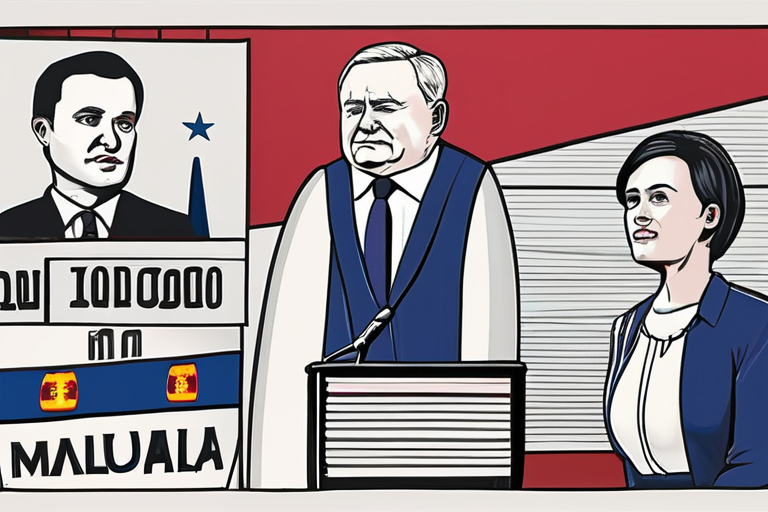
 Hoppi
Hoppi
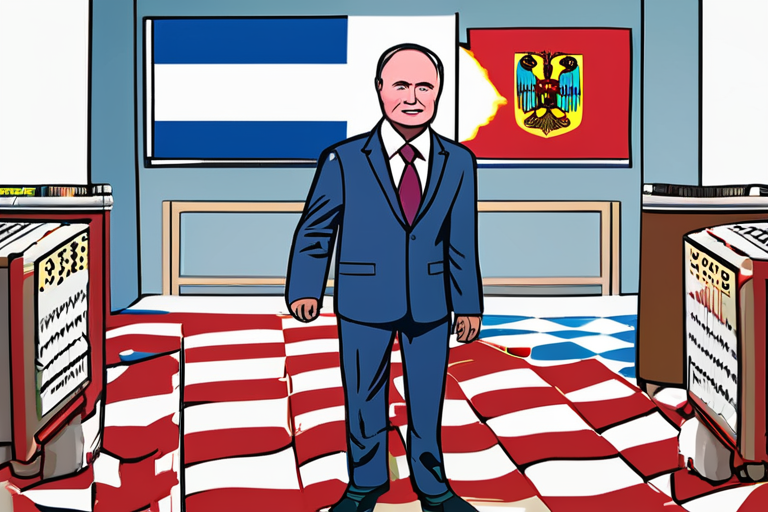
 Hoppi
Hoppi
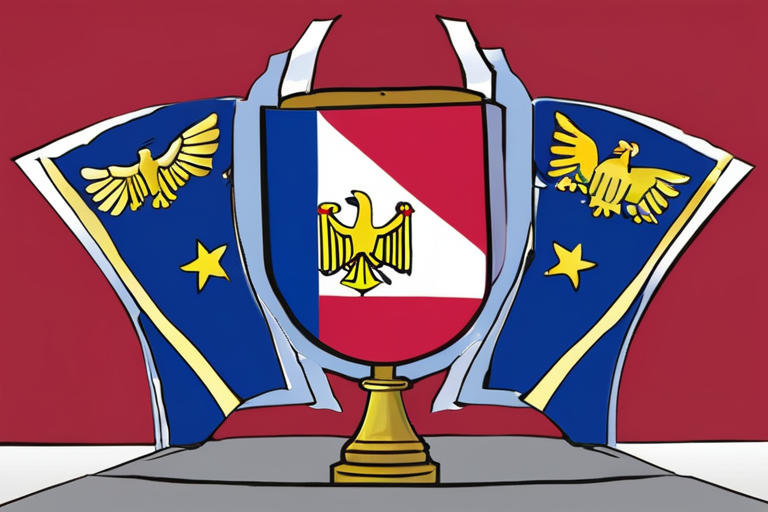
 Hoppi
Hoppi

Moldovans Await Pivotal Election Result as Leader Warns of Russian Interference CHISINAU, Moldova - Moldovans voted in parliamentary elections seen …

Hoppi

Moldova's General Election Campaign Enters Final Phase CHISINAU, MOLDOVA - As the general election campaign reaches its climax on September …

Hoppi

Moldova's Resounding 'Yes' to Europe — and 'No' to Russia In a decisive victory for pro-European forces, the Action and …

Hoppi

Moldova's Pro-EU Party Wins Election Amid Claims of Russian Interference CHISINAU, Moldova - The pro-European Union Party of Action and …

Hoppi

Pro-EU Party Poised to Win Moldova Election Amid Explosive Claims of Interference In a closely watched parliamentary election, Moldova's pro-European …

Hoppi

Moldova's Pro-EU Party Wins Clear Parliamentary Majority, Defeating Pro-Russian Groups CHISINAU, Moldova - The pro-Western governing party in Moldova, the …

Hoppi